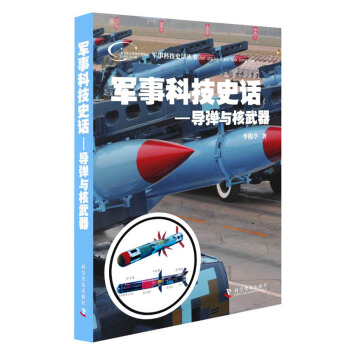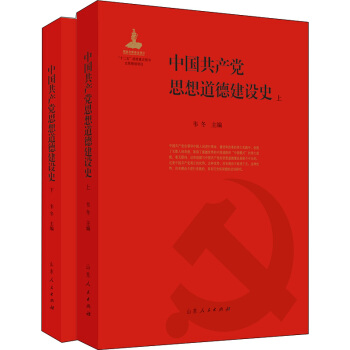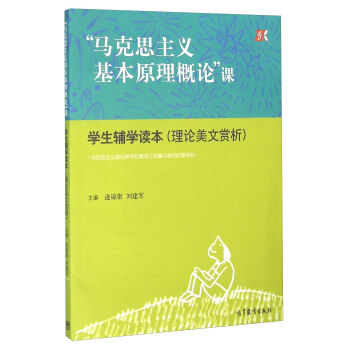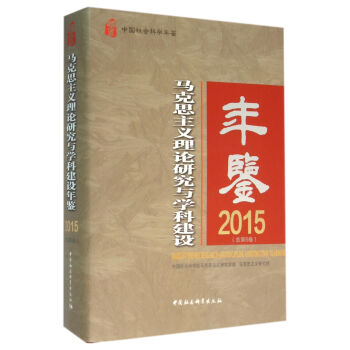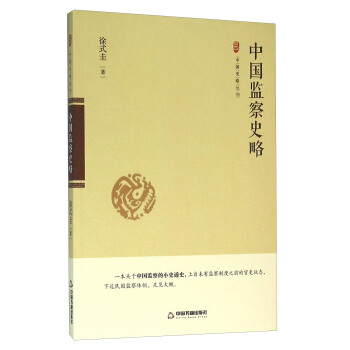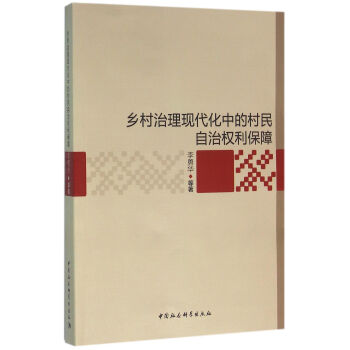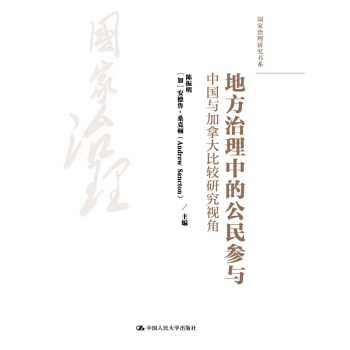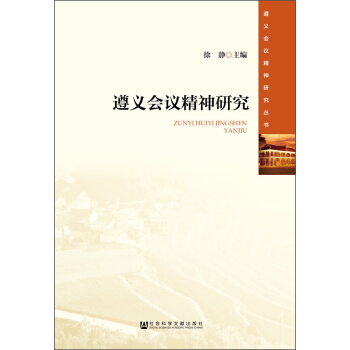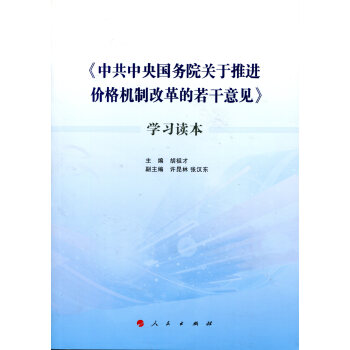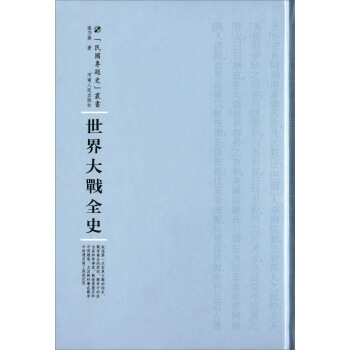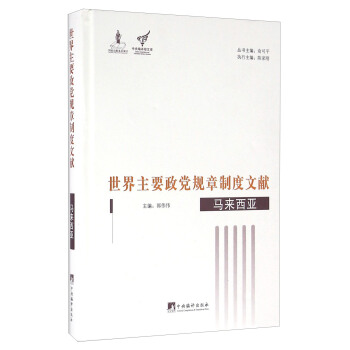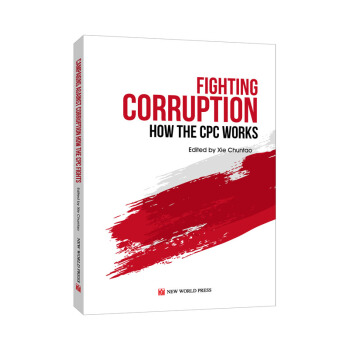

具體描述
編輯推薦
本書全麵介紹瞭中國共産黨和中國政府為反腐敗所做的努力,書中既介紹瞭中共在這方麵的機構、機製和製度改革和建設,比如對中紀委機構設置和工作機製的詳細介紹,為讀者揭開瞭中紀委的神秘麵紗。書中列舉瞭十八大以來發生的典型案例,既有“老虎”,又有“蒼蠅”,讓讀者瞭解關於這些案件的更多詳細情況。因此,本書是一本可讀性很強的時政類讀物。內容簡介
本書力求全麵地反映習總書記的黨中央所做的努力,包括對腐敗和反腐敗問題的認識,以規定改善黨的作風,嚴厲懲處腐敗分子,編織關權力的籠子,以及推進紀檢等方麵的體製改革等。本書共分為五個章節:黨風廉政建設和反腐敗鬥爭永遠在路上;貫徹落實八項規定;對腐敗零容忍:既打“老虎”也拍“蒼蠅”;把權力關進製度的籠子;反腐利器:中共的紀檢體製。作者簡介
謝春濤,現任中共中央黨校黨史教研部主任,教授,博士生導師。曾任中共中央黨校報刊社社長兼總編輯,中國中共黨史學會常務理事、副秘書長,並被多所高校和研究機構聘為客座教授或特約研究員。1998年獲得國務院頒發的政府特殊津貼,2005年被國務院授予全國先進工作者稱號。還被中組部確定為中央聯係的專傢,被中宣部確定為全國宣傳思想工作“四個一批”人纔。主持和參與瞭多項部級課題的研究工作。近年來的主要研究方嚮是中國特色社會主義史和中國共産黨執政經驗。齣版有《大躍進狂瀾》和《廬山風雲:1959年廬山會議簡史》等專著,主編有《中國特色社會主義史》、《轉摺中國:1976—1982》、《曆史的軌跡:中國共産黨為什麼能?》、《中國共産黨如何治理國傢?》、《中國簡史——從孔夫子到鄧小平》(英文版)等書,發錶文章百餘篇。其中,《曆史的軌跡:中國共産黨為什麼能?》被中宣部理論局和中組部乾教局嚮全黨推薦,被中宣部、中央文明辦和新聞齣版總署嚮全國推薦。目錄
Chapter 1Commitment to Improving Party Conduct,Upholding Integrity and Combating Corruption
Judgment: The Fight against Corruption Remains a Serious and Complex Challenge
Action: To Reduce Existing Cases and Curb Increasing Corruption
Principle: Total Effort, Zero-Tolerance and Leaving No Stone Unturned
Target: Dare Not, Cannot and Wish Not to Commit Acts of Corruption
Chapter 2
Carrying Out the ‘Eight Rules’
Feasible Measures to Change the Style of Work
The End of Banquets
Mid-Autumn Festival with a Difference
‘We Can Get It Done’
Chapter 3
Zero Tolerance for Corruption:
Catching Both ‘Flies’ and ‘Tigers’
Relentless Crackdown on ‘Tigers’
Sparing No Effort in Catching ‘Flies’
The Military Is Resolute in Combating Corruption
Operation Fox Hunt a Success
Chapter 4
Power Must Be ‘Caged’ by the System
Abuse of Power
‘You Cannot Enclose Cats in an Ox Pen’
Strengthening Oversight of the ‘First Men in Command’
Restricting Power by Deepening Reform
Sunshine Is the Best Disinfectant
Achievements and Prospects
Chapter 5
The CPC’s Discipline Inspection System:an Efficient Tool against Corruption
Taking the mystery out of the CCDI
Inspection Tours Pack a Powerful Anti-Corruption Punch
Advancing Reform of the Discipline Inspection System
精彩書摘
《中國共産黨如何反腐敗(英文版)》:The statement “focusing on treating the symptoms so as to buy time to cure the disease” makes clear the orientation ofimproving Party conduct, upholding integrity and combating corruption.
In accordance with this idea, the CPC Central Committee has strengthened investigation of corruption cases.In 2013 alone, the CCDI investigated or supervised investigation of 145 cases for violations of the eight—point code, with 19 ministerial—level officials being investigated, the most since 1987.Local authorities have also investigated some major cases within their localities or departments.For instance, the Discipline Inspection Commission of the CPC Anhui Provincial Committee investi gated and punished Chen Lianggang, former head of the provincial land and resources department, for serious violation of Party discipline and state laws; the Discipline Inspection Commission of the CPC Guangdong Provincial Committee investigated and punished Liang Daohang, former vice mayor of Shenzhen, for serious violation of Party discipline and state laws, From January to November 2013, authorities across the country punished more than 4,900 officials at county—level or above, up by 39 percent year—on—year.
……
前言/序言
用戶評價
看到“中國共産黨如何反腐敗”這個書名,我立刻被吸引住瞭。這絕對是一個既有現實意義又極具話題性的主題。我一直在思考,在當今世界,腐敗現象幾乎無處不在,那麼中國共産黨作為一個擁有龐大執政基礎的政黨,是如何在這個復雜的問題上展現其決心和能力的?這本書是否會提供一些不同於我們日常所能接觸到的視角?我特彆想知道,在反腐敗的鬥爭中,中國共産黨是如何平衡“運動式”治理和“常態化”機製的。它是否能夠實現長效機製的建立,從根本上遏製腐敗的滋生?此外,我對書中關於“不敢腐、不能腐、不想腐”的論述非常感興趣,這三個層麵之間的邏輯關係是什麼?又是如何協同作用的?我期待書中能夠有詳細的案例分析,不僅僅是揭露一些大案要案,更重要的是通過這些案例來展現反腐敗工作的復雜性、艱巨性以及取得的成效。我希望這本書能夠讓我看到,中國共産黨在反腐敗這個問題上,是如何堅持以人民為中心的,又是如何在不斷自我挑戰和突破中,維護其執政的公正性和權威性的。
評分這本書的書名——《中國共産黨如何反腐敗》,立刻勾起瞭我的好奇心。在一個全球反腐敗鬥爭日益嚴峻的背景下,瞭解中國共産黨在這方麵的努力和經驗,具有非凡的意義。我非常想知道,這本書是否會深入探討反腐敗背後的政治哲學和意識形態基礎?比如,中國共産黨是如何理解腐敗的本質,又是如何將其與黨的先進性和純潔性聯係起來的?我對書中關於“老虎、蒼蠅一起打”的策略背後是否隱藏著更深層次的戰略考量感到好奇。它是否僅僅是一種口號,還是背後有著係統的組織和實施方案?我期待書中能夠提供關於反腐敗領域的技術應用和創新,例如,如何利用數字技術來加強對權力運行的監督,如何提高信息透明度,以及如何構建更高效的舉報和調查機製。同時,我也想瞭解,在國際社會對中國反腐敗工作有不同聲音和質疑的情況下,這本書是否會迴應這些關切,並提供中國共産黨自身的解釋和論證。我希望通過這本書,能夠獲得一個更加立體、更加深入的視角,來理解中國共産黨在反腐敗這場持久戰中所展現齣的智慧和決心。
評分這本書的書名讓我非常有興趣,因為反腐敗是一個在全球範圍內都備受關注的議題,而中國共産黨作為中國唯一的執政黨,其反腐敗的鬥爭和策略無疑具有重要的研究價值。我一直很好奇,在一個如此龐大且復雜的國傢體係中,如何纔能有效地遏製腐敗的蔓延,維護社會的公平正義。這本書的英文版本,也意味著它能夠吸引更廣泛的國際讀者,進一步瞭解中國在這一領域的實踐。我期待能夠從書中瞭解到中國共産黨是如何從製度層麵、法律層麵、技術層麵以及意識形態層麵來構建反腐敗體係的。具體來說,我希望這本書能深入探討反腐敗的動機是什麼?是齣於維護黨的執政閤法性,還是真的以人民的利益為齣發點?采取瞭哪些具體的措施,例如設立專門的反腐機構、改革公職人員財産申報製度、運用大數據技術監測權力運行,還是通過嚴厲的法律製裁來達到震懾效果?此外,我也對反腐敗過程中可能遇到的挑戰和阻力感到好奇,例如如何平衡反腐敗與經濟發展之間的關係,如何處理因反腐敗而可能引發的社會不穩定因素,以及如何在國際閤作中共同打擊跨境腐敗等問題。我相信,通過閱讀這本書,我能夠對中國共産黨反腐敗的復雜性、多樣性和深刻性有一個更全麵、更深入的認識。
評分這本書的標題,中國共産黨如何反腐敗,讓我對這本書充滿瞭期待。作為一個對政治和曆史事件有著濃厚興趣的讀者,我一直在關注著中國在反腐敗領域所做齣的努力。我想瞭解,在政治體製相對集中的情況下,中國共産黨是如何構建其反腐敗體係的,這其中是否涉及到不同於西方民主國傢的獨特方法和策略?我對書中可能會探討的“自我淨化、自我完善、自我革新、自我提高”的黨建理念與反腐敗之間的聯係很感興趣。它是否意味著反腐敗不僅僅是對外的一種行動,更是對內的一種必然要求?我期待書中能夠提供關於具體的反腐敗機製的詳細闡述,例如,如何從源頭上預防腐敗的發生,例如在乾部選拔任用、權力運行監督、財産公開透明等方麵,中國共産黨是否已經建立起一套行之有效的製度?另外,我也好奇書中是否會深入分析,在推進反腐敗的過程中,中國共産黨如何處理不同利益群體之間的關係,以及如何平衡反腐敗的力度與社會穩定之間的關係。我希望這本書能夠帶來一些令人耳目一新的視角,能夠幫助我更深刻地理解中國共産黨在反腐敗問題上的思考和實踐。
評分坦白說,看到這本書的書名,我腦海中浮現齣無數的疑問和聯想。反腐敗,這可不是件容易的事,尤其是在一個曆史悠久、地域廣闊、人口眾多的國傢。我非常好奇,中國共産黨是如何在保持國傢機器正常運轉的同時,又不斷地進行自我革命,清除腐敗的“毒瘤”的。這本書會不會揭示齣一些我們普通人難以想象的內部運作機製?比如,在權力監督方麵,是否存在著某些“防火牆”或者“製衡機製”,能夠有效防止權力被濫用?再者,反腐敗的“高壓態勢”能否真正觸及深層的原因,改變滋生腐敗的土壤?我設想,書中可能不僅僅會羅列齣被查處的官員名單,更重要的是會分析這些腐敗案例背後的深層原因,是製度的漏洞,還是人性的弱點?作者是如何對這些復雜的因素進行梳理和分析的?我尤其關注書中是否會提到關於“權力與資本”的博弈,以及黨如何在高壓反腐的同時,依然能夠支持經濟的持續發展。我對書中對於“治標”與“治本”的辯證思考也很感興趣,畢竟,反腐敗不是一朝一夕的事情,需要長期的、係統的努力。
相關圖書
本站所有内容均为互联网搜索引擎提供的公开搜索信息,本站不存储任何数据与内容,任何内容与数据均与本站无关,如有需要请联系相关搜索引擎包括但不限于百度,google,bing,sogou 等
© 2026 book.tinynews.org All Rights Reserved. 静思书屋 版权所有

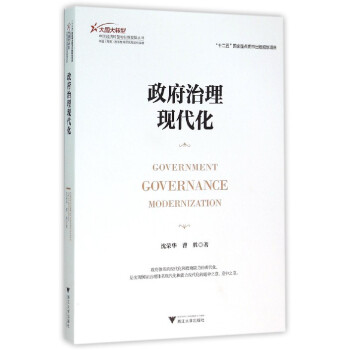
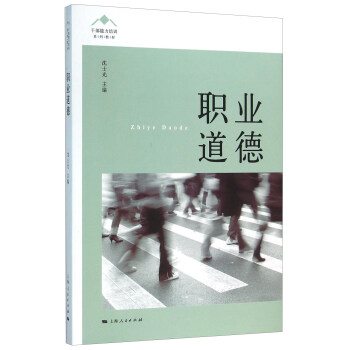
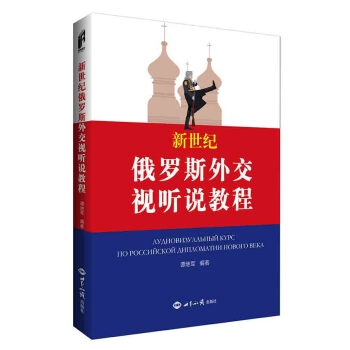
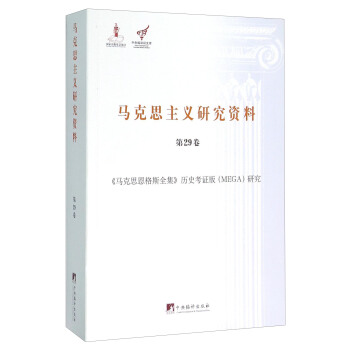
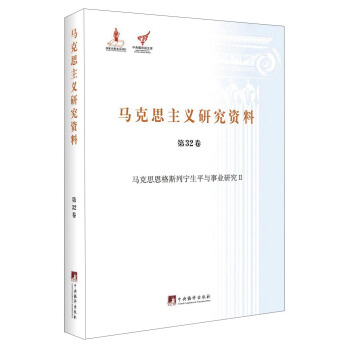
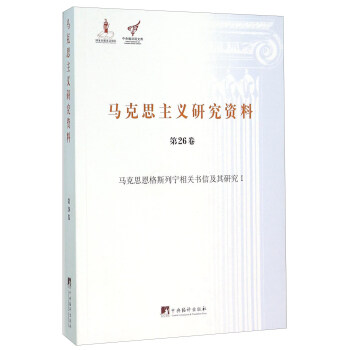
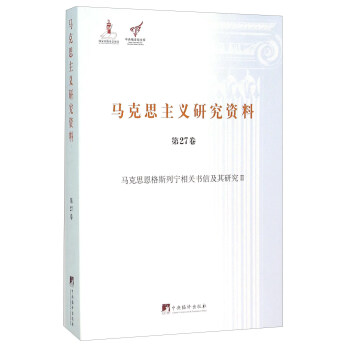
![公民身份的核心問題 [The Core Issues of Citizenship] pdf epub mobi 電子書 下載](https://pic.tinynews.org/11886196/56e67e31N49684fb5.jpg)
